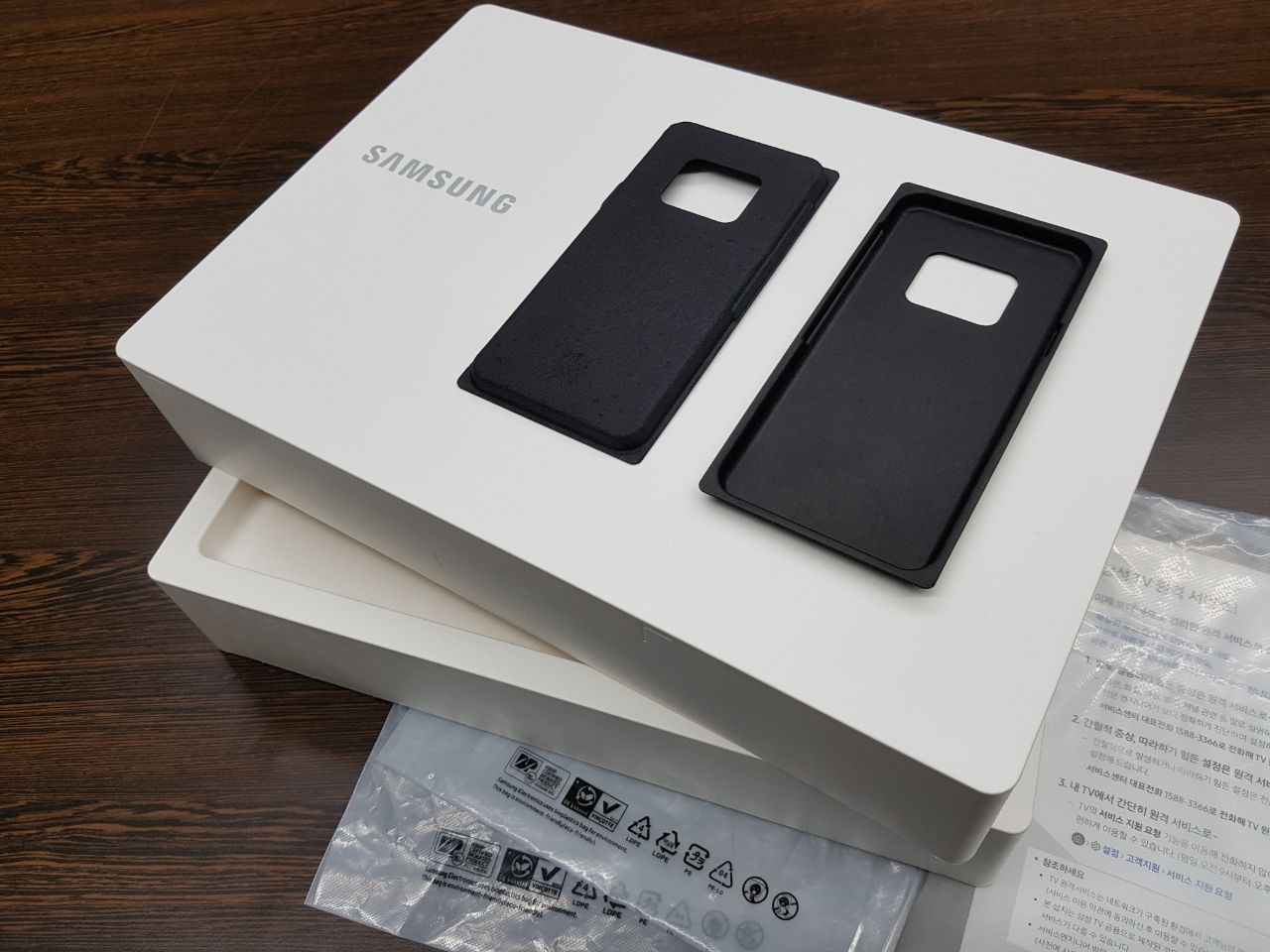Samsung ditching plastic packaging with environmentally sustainable materials, but who will pay for it?
One of the central aspects of our investment themes is the ensuing change in consumer behavior that can lead to a company changing its strategy or how it operates in order to attract that cohort of consumers. While it may not appear to be a big deal, Samsung changing the packaging on its products from smartphones to home appliances is at a minimum an attempt for it to get inline with the growing trend that is Environmental, Social and Governance.
While it may not be enough to say Samsung is riding our Clean Living investment theme, it does add to its switch in recent years to light emitting diode (LED) lit products and other environmentally friendly solutions.
Samsung Electronics said Sunday it will replace plastic packaging used for its bevy of products from mobile phones and tablets to home appliances and wearables with paper and other environmentally sustainable materials like recycled/bio-based plastics.
Samsung will start making the switch in the first half of the year. The company aims to only use paper packaging materials certified by forestry initiatives by next year. By 2030, Samsung says it plans to use 500,000 tons of recycled plastics and collect 7.5 million tons of discarded products (both cumulative from 2009).
For instance, the plastic trays used to hold mobile phones and tablets will be replaced with ones made from pulp. Samsung said it will also alter the phone charger design, swapping the glossy exterior with a matte finish and eliminating plastic protection films, reducing the use of plastics.
Plastic bags used to protect the surface of home appliances such as TVs, refrigerators, air conditioners and washing machines as well as other kitchen appliances will also be replaced with bags containing recycled materials and bioplastics. Bioplastics are made from plastic wastes and non-fossil fuel materials like starch or sugar cane.
In my view, the below is perhaps the most telling statement in this switch at Samsung, but the question is how will it respond in terms of pricing its products? Will Samsung seek to pass this incremental cost on or let it nibble into its profits?
The company will adopt more environmentally sustainable materials even if it means an increase in cost,” Gyeong-bin Jeon, head of Samsung’s Global Customer Satisfaction Center, said in a statement.




